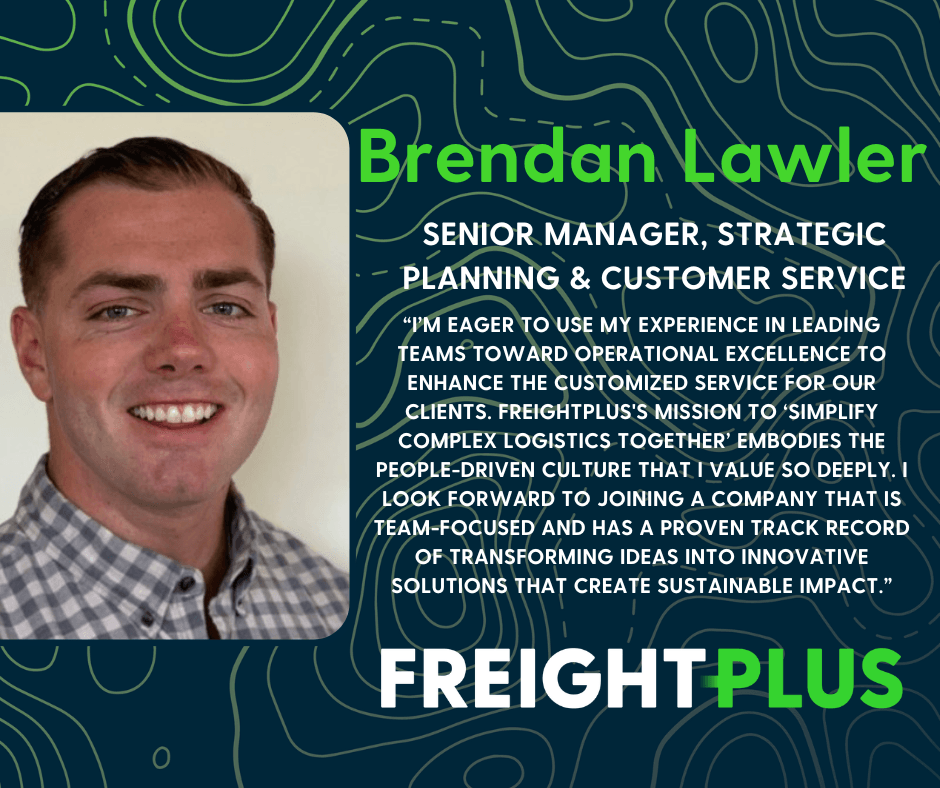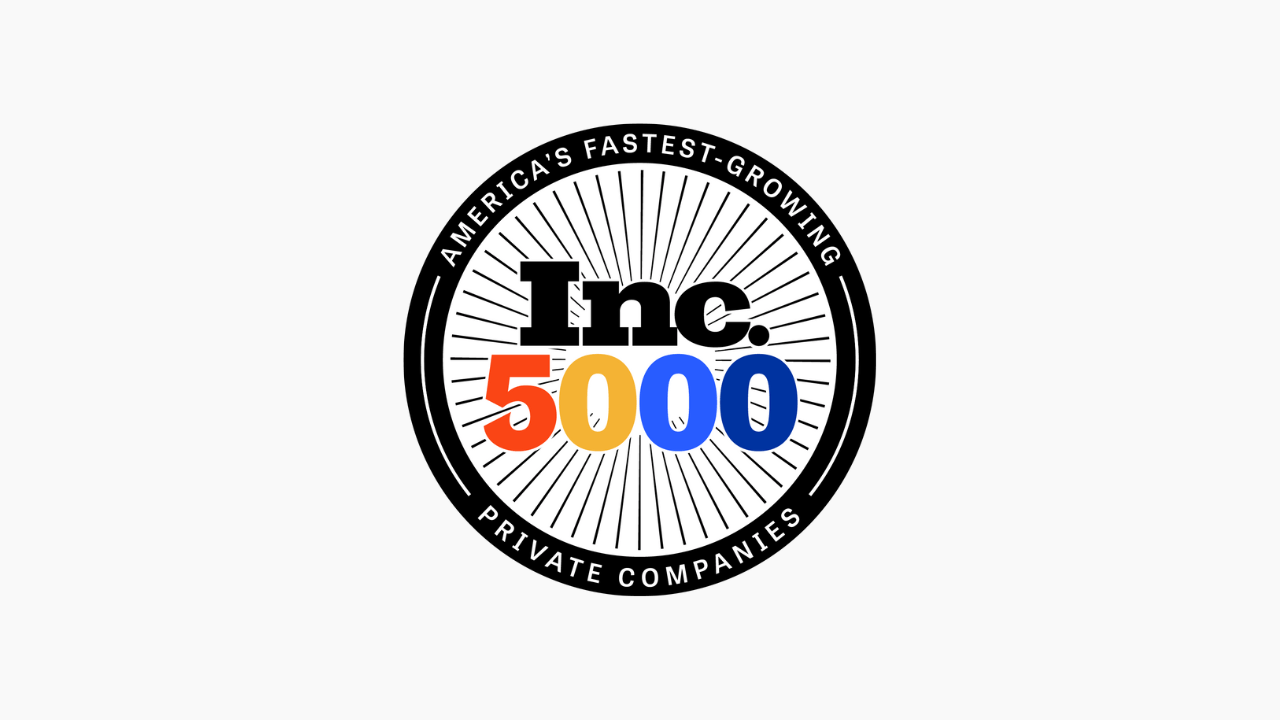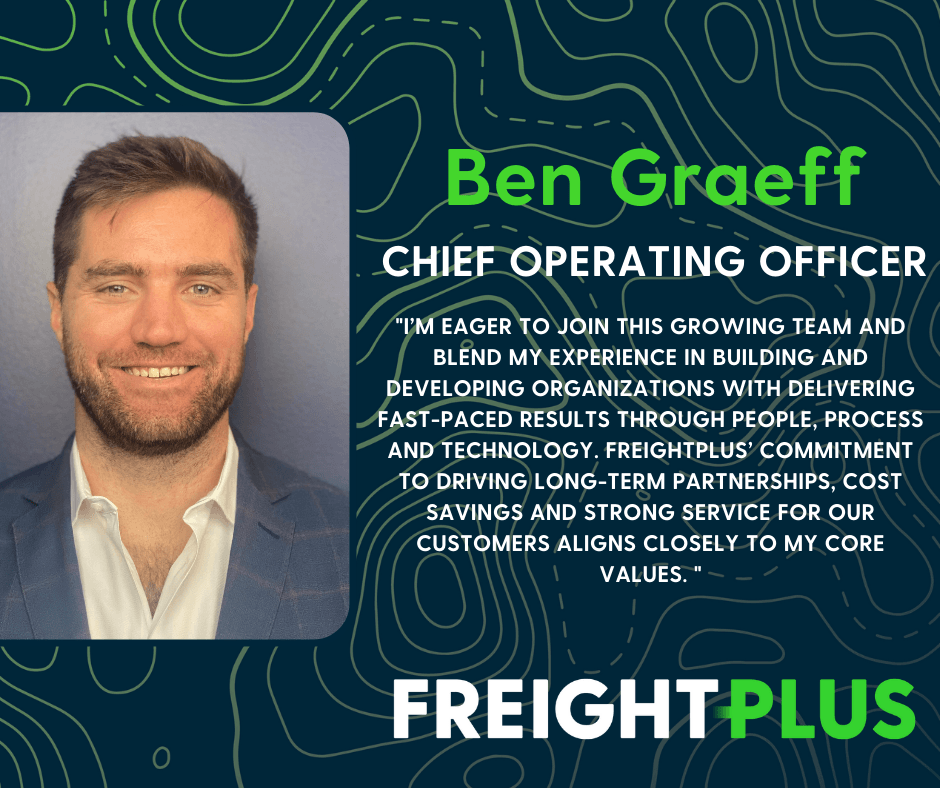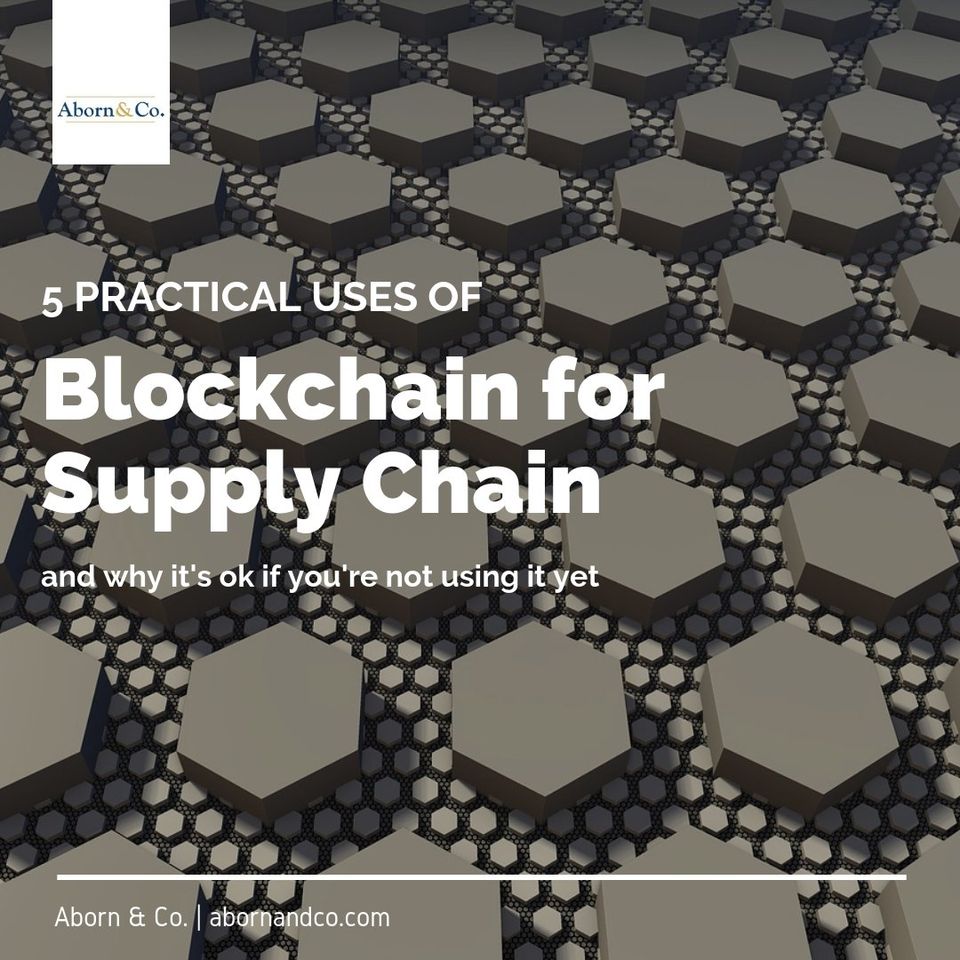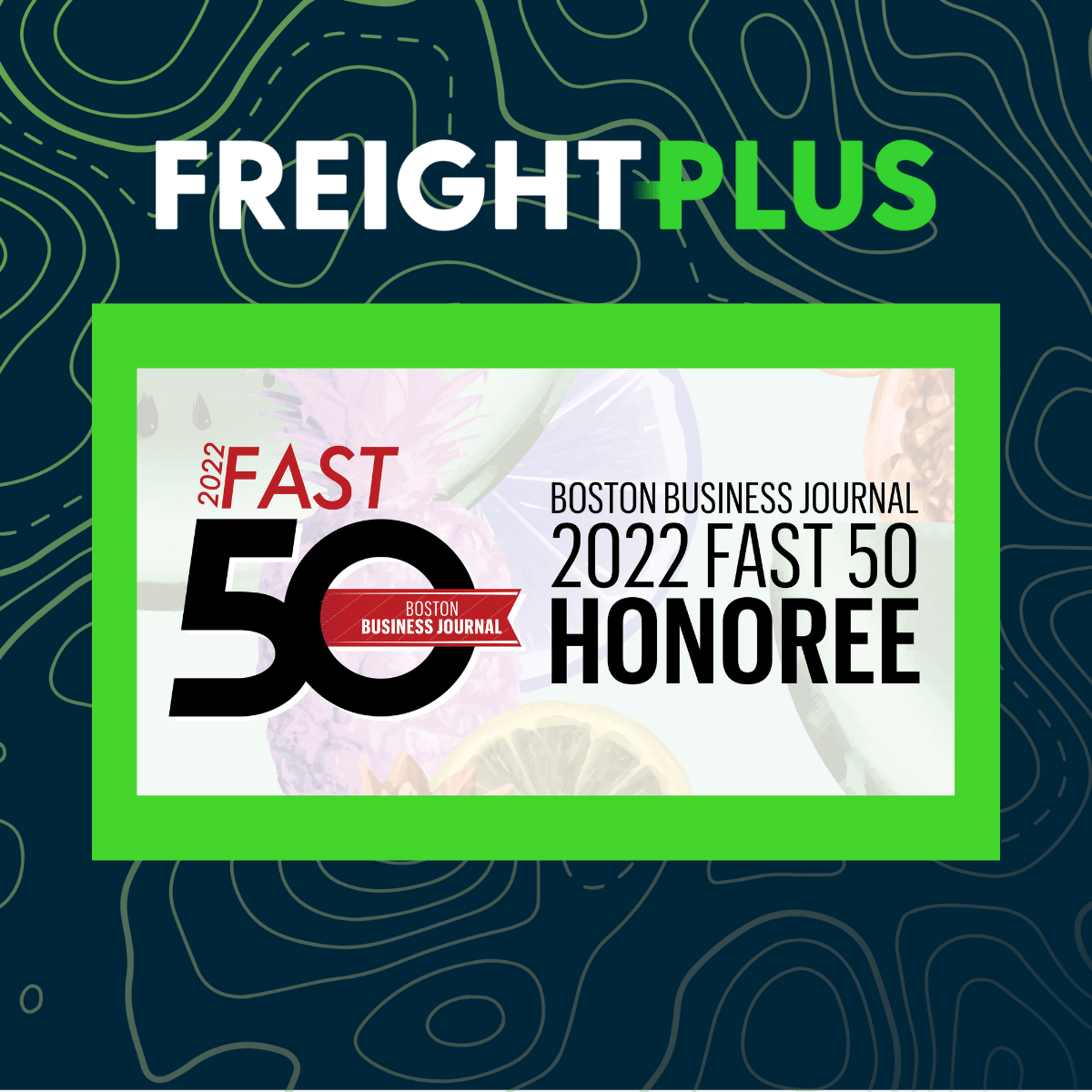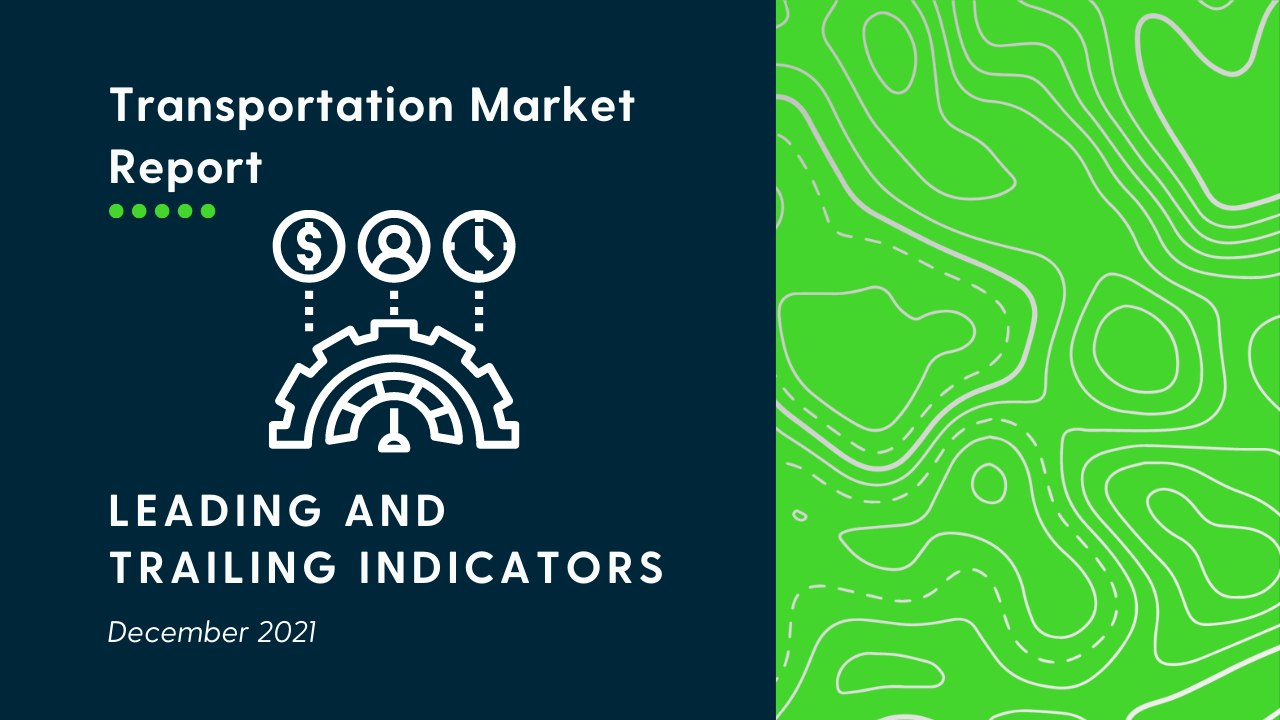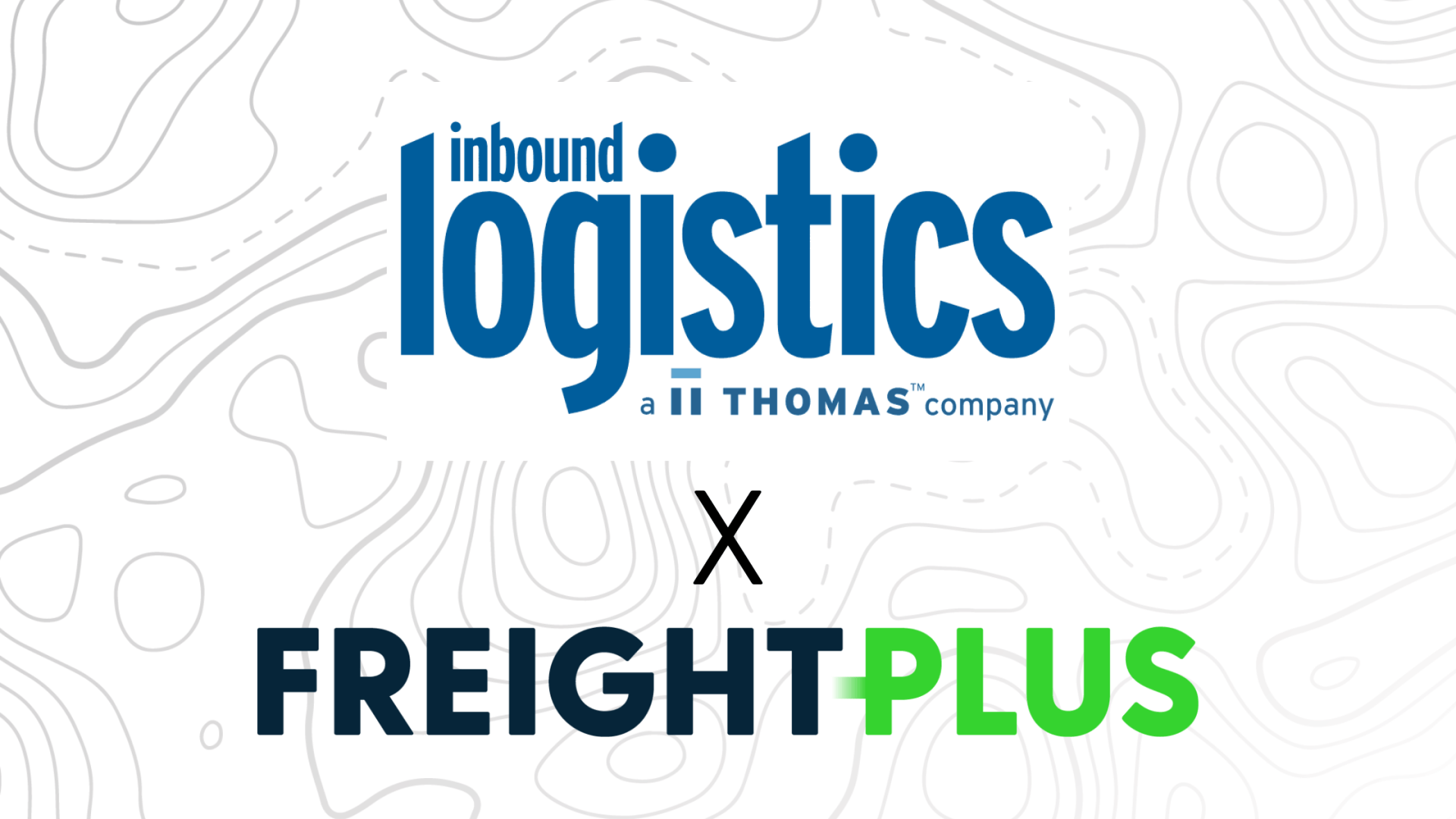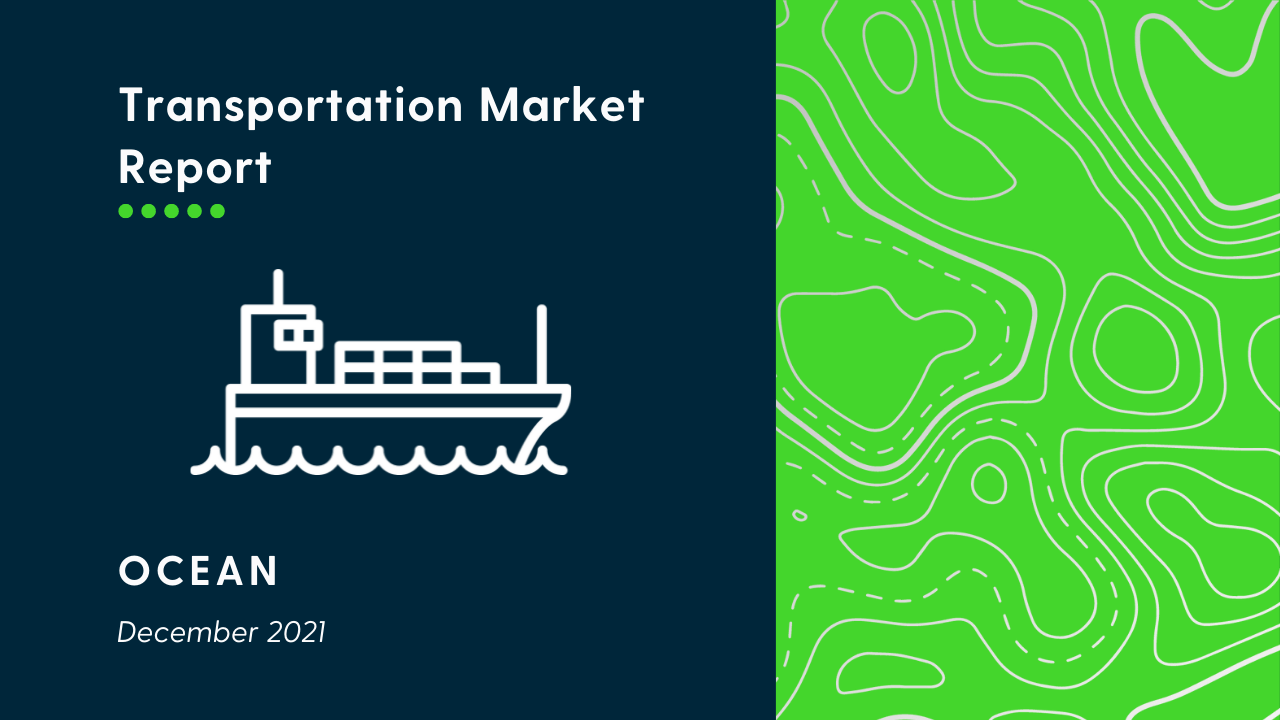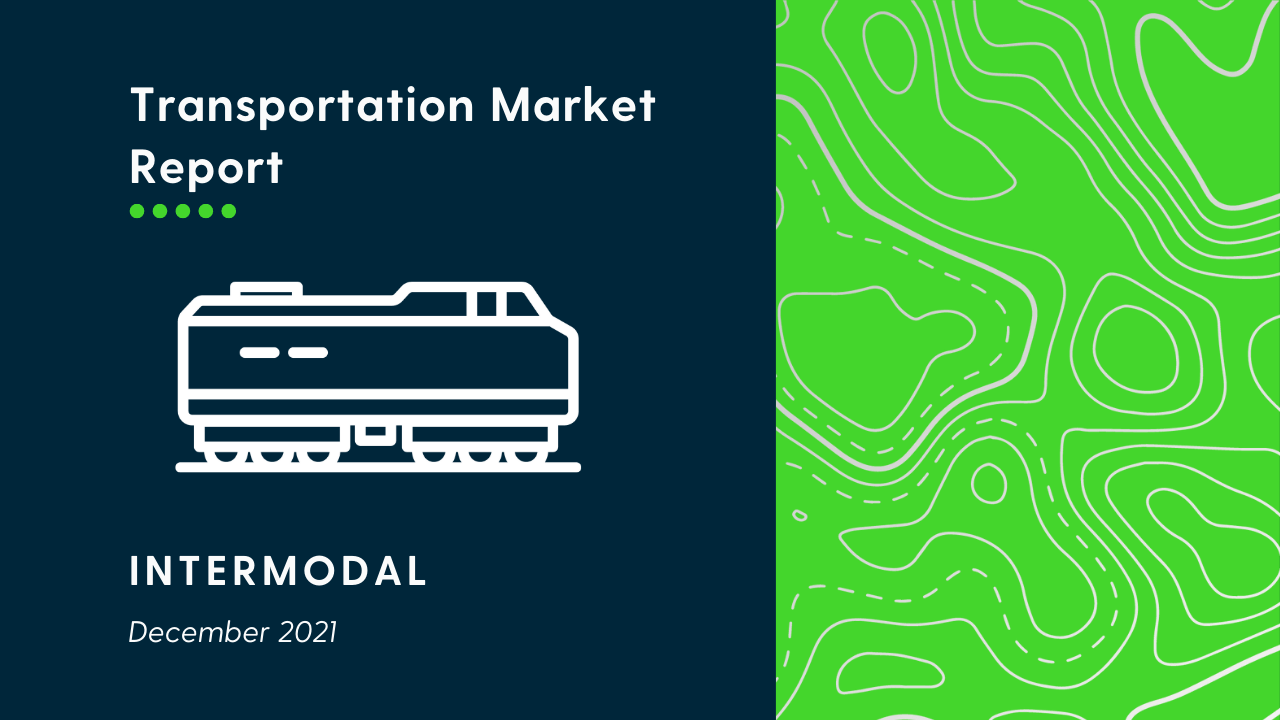5 Practical Uses of Blockchain for Supply Chain (and why it's ok if you're not using it yet)
“A year from now you will wish you had started today.” -Karen Lamb
If you’ve been to a supply chain conference or read any
updates on the industry, you’ve probably heard all about the supply chain's new
favorite topic: blockchain. While these talks and articles do a great job of getting
us excited about the rise of a future-freightopian society somewhere in the
middle-distant future, they often leave us wondering what we can do but wait.
According to our most recent guest on Consulting Logistics , waiting may not be a bad idea. Brian Glick, founder and CEO of Chain.io , acknowledges the big risks involved with investing in such a cutting-edge technology. It should be left to companies that are willing to stare down potential losses in non-critical missions throughout their operation. On the flip-side, Glick says, “Getting in on generation two is usually the best answer for the vast majority of companies.”
But, what about those companies that are experimenting with blockchain now? What are practical applications of blockchain today? We’ve assembled a few key examples.
- Quality
Certain industries, namely food, necessitate a full understanding of every product’s life cycle because a mishap at any point could put the quality of the product at risk. The way things stand, this can be a tall task. A company may source their food from a myriad places, and all too often the companies they buy from aren’t passing the products' history along with it.
Blockchain, being a decentralized and irrefutable ledger, lets companies see the history of every product they source, as well as keep tabs on it through the shipping process. This allows shippers to ensure only top-quality product reaches the consumer. Key players such as Walmart, Unilever, Nestle, Tyson, and Dole are already using blockchain to this end.
- Risk (internal and external)
By having a neutral, accessible, and standardized account of a product as it moves through the supply chain, we-said/they-said disputes will turn into blockchain-said/we-accept agreements. The benefits of a single source of truth can be felt within your organization by coordinating across departments and out of your organization by keeping suppliers, vendors, co-packers, carriers, and the like transparent and accountable.
Put simply, blockchain mitigates risk. Throw Internet-of-Things
(IoT) into the equation and even events like point of impact are recorded by
sensors on the product and/or packaging. Damage claims have never been so
transparent. With an agreed upon ledger, insurance disputes can be settled swiftly
and easily (insofar as insurance claims go).
- Data
BHP Billiton, the world’s foremost mining firm, found operating in spreadsheets alone has proven unwieldy for such a large-scale company. From geologists to carriers, almost every stage of their process utilizes a vendor. Two-years ago, they addressed the problem by being one of the first companies to mandate vendors use their own blockchain-enabled app to record all captured data. This allows for internal centralization of a massive amount of data sources, points, and events. This data can then be used to further optimize and scale the supply chain.
- Connect with Consumer Values
Nielson, a top global information and measurement company, released a study that found 66% of respondents were willing to pay more for environmentally sustainable and socially conscious brands. Right now, consumers can only check companies through the media, quarterly reports, word of mouth, and company marketing strategies. Blockchain may be a key instrument for companies who want to leverage their clean supply chain by letting their buyers and investors know about those green efforts.
Blockchain-enabled company report cards aren’t a widespread phenomenon yet, but Provenance, a London-based start-up, is hoping to change that. Companies who utilize their app will have a number assigned to each finished product. Using that number, potential customers can review that product’s path from its source to the shop.
- Monitoring Controlled Substances
Companies and consumers aren’t the only entities with interest in supply chain transparency. Governments stand to gain far more visibility into the sourcing and sale of controlled substances by mandating the use of blockchain.
Canada recently made headlines with the nationwide legalization of marijuana, a market that needs to make the shift from fully off the books to highly regulated. Decision makers in Ottawa plan to keep tabs on the industry by using the decentralized ledger from “seed-to-sale”.
But what can most companies do to really hit the ground running once all the blockchain testing is over and it’s time to implement a solution? Glick suggests cleaning our data, and the way we source it, as soon as possible:
Clean data is the Holy Grail, and it’s the foundation that every AI company starts from… Companies need to start worrying about that [clean data], really two years ago, but if they haven’t, start worrying about it now….If you want to be able to do things with advanced technology you have to understand the data that’s in your environment and understand how it needs to be represented so that you can share it.
Couldn’t have put it better myself, Brian.
Start preparing for the industry-wide impacts of new technology today. Lets us review and grade your data today at day01.io
Listen to Brian Glick on Consulting Logistics below or subscribe now on iTunes , Spotify , or simply search your favorite podcast player for Consulting Logistics!
